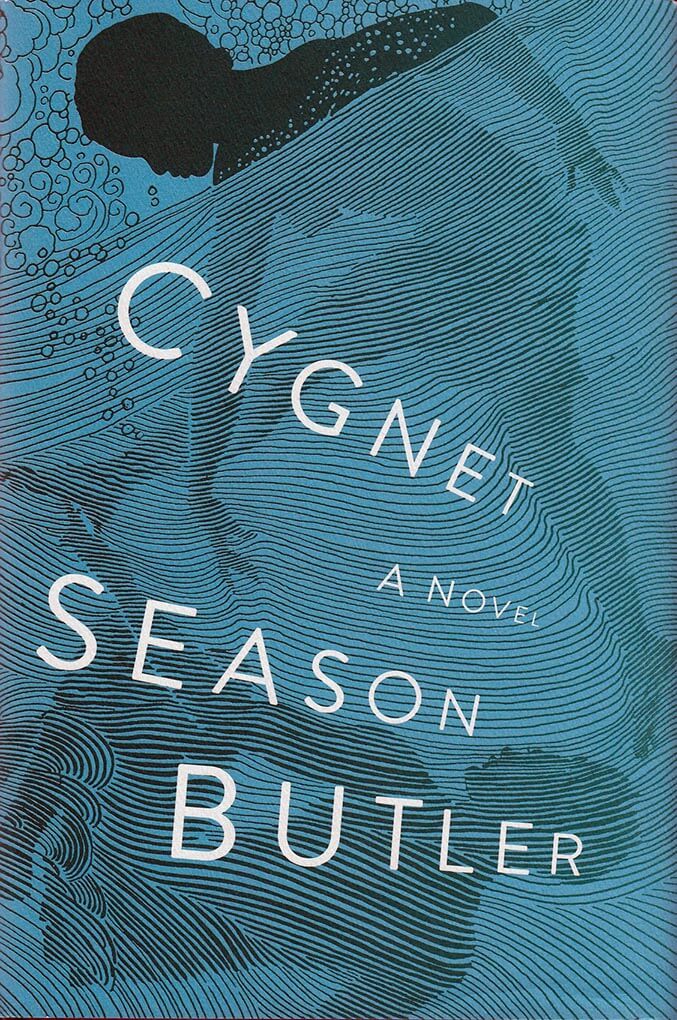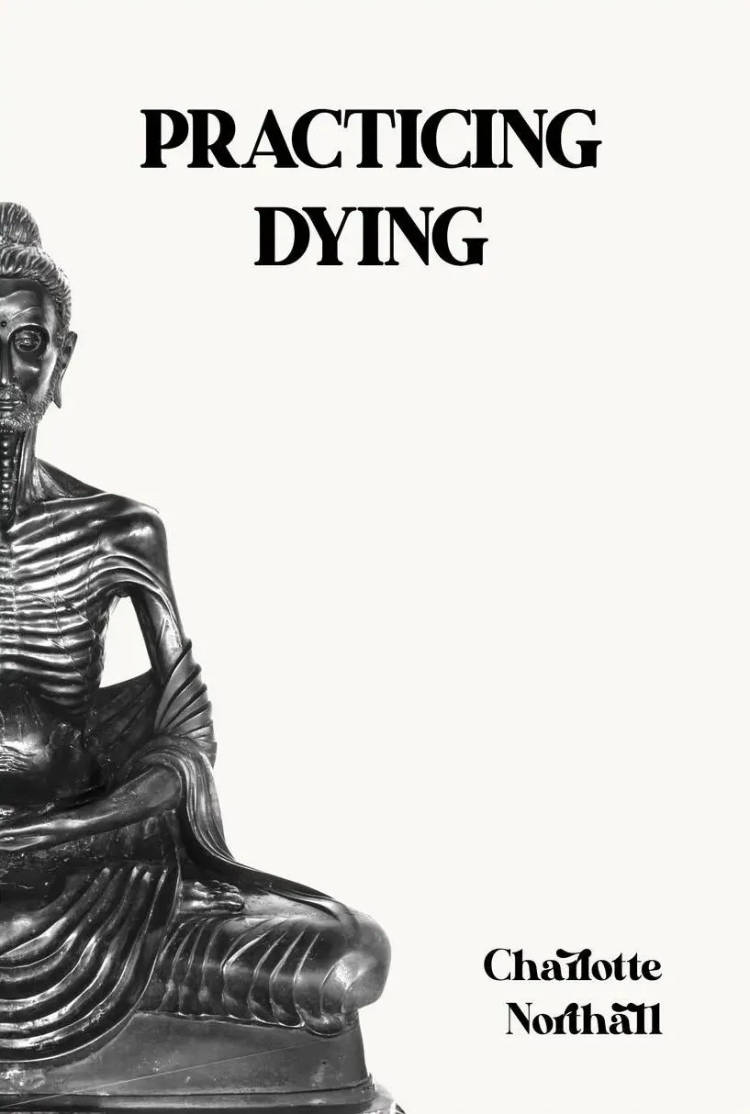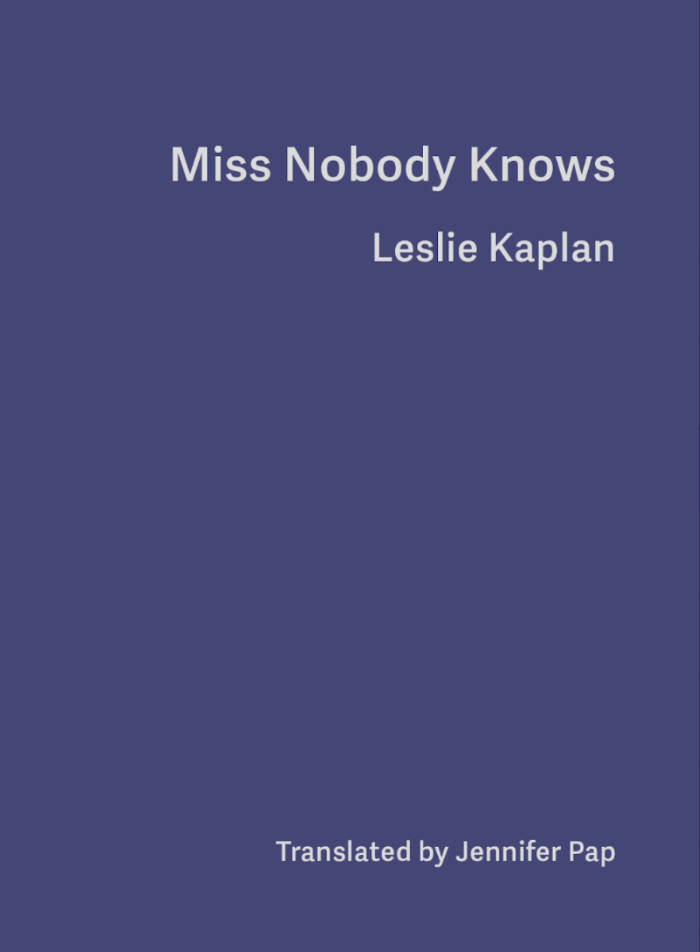
Cygnet
Season Butler makes her literary debut with an ambitious work of bold imagination. Tough and tender, compassionate and ferocious, understated and provocative, Cygnet is a meditation on death and life, past and future, aging and youth, memory and forgetting, that explores what it means to find acceptance, of things gone and of those yet to come.
The seventeen-year-old kid doesn't know where her parents are. They left her with her grandmother Lolly, promising to return soon. That was months ago. Now Lolly is dead and the Kid is alone, stranded ten miles off the coast of New Hampshire on tiny Swan Island. Unable to reach her parents and with no other relatives to turn to, she works for a neighbor, airbrushing the past by digitally retouching family photos and movies to earn enough money to survive.
Surrounded by the vast ocean, the Kid's temporary home is no ordinary vacation retreat. The island is populated by an idiosyncratic group of the elderly who call themselves Wrinklies. They have left behind the youth-obsessed mainland—"the Bad Place"—to create their own alternative community, one where only the elderly are welcome. The adolescent's presence on their island oasis unnerves the Wrinklies, turning some downright hostile. They don't care if she has nowhere to go; they just want her gone. She is a reminder of all they've left behind and are determined to forget.
But the Kid isn't the only problem threatening the insular community. Swan Island is eroding into the rising sea, threatening the Wrinklies' very existence there. The Kid's own house edges closer to the seaside cliffs each day. To find a way forward, she must come to terms with the realities of her life, the inevitability of loss, and an unknown future that is hers alone to embrace.
Language: English




